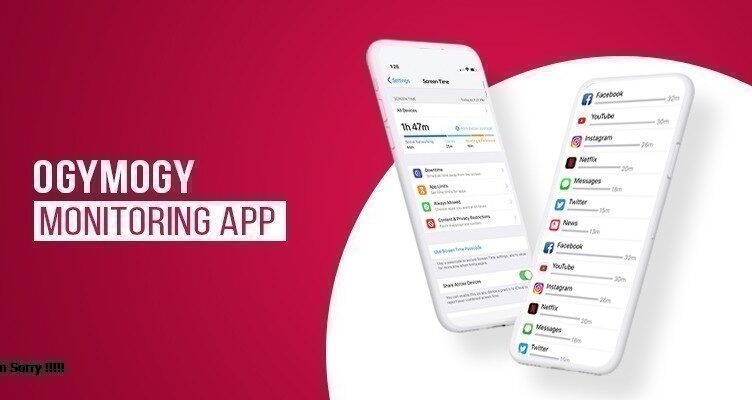Cell phone monitoring apps offer an effective solution by providing insight into your child’s digital life and helping guide them toward more positive online behavior and better life choices. With knowledge comes power, and by monitoring phone use, you gain the power to help your child build confidence from within.
How Cell Phone Monitoring Software Can Help Address Peer Pressure
By reviewing your teen’s contacts and messages, you can get a sense of their social circles and watch for any peers who seem to encourage risky or inappropriate behavior frequently. You may notice a “friend” who constantly pushes your teen to skip class, try vaping or drinking, or get into other trouble. In these cases, you can have a thoughtful conversation with your teen about that peer and set clear rules around limiting communication with them.
Cell phone monitoring software also allows setting time limits for social media, games, and other phone activities. This helps ensure your teen is spending only a few hours mindlessly scrolling or chatting, which can increase the opportunity for negative peer influence. With reasonable limits, your teen will have less exposure to peers encouraging irresponsible behavior or bullying.
Set Clear Expectations About Phone and Social Media Use
Establish rules around screen time, such as no phones during dinner or after a certain hour in the evening. Be consistent and follow through with agreed-upon consequences if those rules are broken. Consider using parental monitoring software to enforce time limits and gain insights into how your teen uses their device.
Review your teen’s social media privacy settings together and make sure their profiles are set to private. Talk about what information and photos are appropriate to share publicly versus with friends only. Remind them that anyone can see anything posted online and may never completely disappear.
Set clear rules around online bullying, trolling, and other harmful behaviors. Monitor for signs your teen is engaging in or experiencing cyberbullying and address issues immediately.
Monitor Conversations and Posts to Identify Peer Pressure Early
Regularly monitor your child’s online conversations and posts to identify signs of peer pressure on social media.
Check Direct Messages and Group Chats
Private messages on social media platforms are a common avenue for peer pressure. Monitor your child’s direct messages and group chats to look for:
Requests to share inappropriate photos or engage in other risky behavior. These requests often come from older teens or adults disguising themselves as peers.
Bullying or harassment from peers pressuring your child to act or respond in a certain way. Put a stop to cyberbullying right away.
Discussions about trying drugs, alcohol, vaping, or other substances. Talk to your child about these topics and set clear rules against substance use.
Review Public Posts and Comments
Your child’s followers and friends can also pressure them through public posts and comments. Look for:
“Likes” compliments or rewards, often from older kids, for sharing provocative selfies or inappropriate content. Set privacy rules for what your child can post.
Peer challenges or dares that encourage risky, unethical, or dangerous behavior. Warn your child against participating in these challenges.
Criticism or teasing from peers pressuring your child to change their appearance, interests, or other attributes. Please provide your child with emotional support and help build their confidence from within.
Set Reasonable Limits
While monitoring your child’s online activity is important, it also needs balance. Maintain an open and trusting relationship with your child, and set reasonable limits on their social media use:
Restrict use during mealtimes, homework, and at night to avoid interference with sleep.
Review privacy settings together and turn off geolocation services.
Agree on appropriate and inappropriate online behavior based on your family values.
With your support and guidance, kids can learn skills to handle peer pressure on social media better and make the right choices for themselves.
Conclusion
Monitoring your child’s cell phone and social media use is one of the most effective ways to help them learn how to navigate peer pressure in today’s highly connected world thoughtfully. By monitoring their online interactions and setting clear rules around technology use, you empower them to make informed choices and stand up for themselves. While it can seem intrusive, it is an act of love and caring. Your guidance and support in helping them build confidence from an early age will pay dividends as they get older and face more complex social situations. The key is to stay involved and maintain an open dialog about their experiences on social media and with friends. With your help, they can cultivate strong values and become leaders instead of followers.

